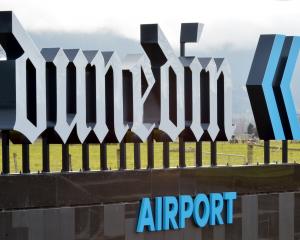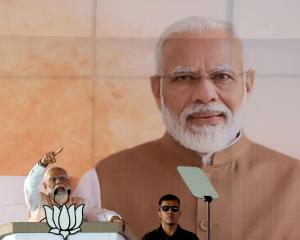Monday marks the annual UN International Holocaust Remembrance Day and also the 75th anniversary of the liberation of Auschwitz by the Red Army.
It is a particularly poignant occasion for the New Zealand Jewish community, which is likely to mark it with renewed anxiety at the worldwide emboldening of anti-Semitism, fed by ancient stereotypes and newer prejudices.
Yet it is also an important moment of reflection for New Zealand as a whole, which only last year learned it is not immune from the tragic consequences of xenophobic hate.
The liberation of the camps showed the world, in something as extreme as the Holocaust, documenting is not the same as "understanding".
When Soviet troops finally entered Auschwitz, they found about 7000 prisoners, many barely alive. The camp had been abandoned by German authorities 10 days earlier, amid heavy bombardments.
The Germans drove 58,000 emaciated prisoners westwards on foot, leaving behind only a few thousand prisoners too weak to move.
In the frozen and eerily empty camp of Auschwitz-Birkenau the Red Army found the familiarly grim heirlooms of Nazi Germany: 837,000 women's dresses, 370,000 men's suits, 44,000 pairs of shoes and 7.7 tonnes of human hair.
Soviet soldiers were accustomed to evidence of Nazi genocide. In July 1944 they had encountered the razed death factories of Treblinka and Sobibor, which Jewish rebellions had shamed the ‘‘master-race’’ into abandoning.
Attempting to erase the crime was futile: Vasily Grossman, embedded reporter and legendary chronicler of the Stalingrad siege, wrote that "the earth is casting up fragments of bone, teeth, sheets of paper, clothes, things of all kinds. The earth does not want to keep secrets".
Yet the encounter with Auschwitz changed things because here, the Soviets found the machinery of dehumanisation and murder intact and began to understand its significance: something more than war crimes, unprecedented, industrial, ideological, systematic.
Even then, the full extent of what they had discovered was not clear to many liberators. In his diary, Dr Tadeusz Chowaniec couldn't understand the "expressionless, mostly cold eyes" of the women he encountered. Why were they not elated by their freedom?
In the spring of 1945, British and American soldiers liberating Bergen-Belsen, Buchenwald and Mauthausen encountered similar conditions and similar, seemingly spent gazes.
As so often the case in Holocaust history, to understand it they would have had to ask the survivors.
In his masterpiece Night, survivor and Nobel Peace Prize recipient Elie Wiesel described looking at himself after liberation: "From the back of the mirror, a corpse gazed upon me. His look in my eyes has never left me."
Just like Wiesel, Władisław Szpilman ended his 1946 memoir Death of a City, later adapted for the screen as The Pianist, by failing to recognise himself in the mirror. Not quite a concert and a standing ovation.
These are paradigmatic accounts, signifying the emotional struggle between the relief of liberation and the surge of an unbearable sense of loss. Isabella Leitner expressed that inner conflict hauntingly: "We're free! They are all dead. We're free! Where are they all?"
Often sick, alone, destitute, stateless refugees facing little sympathy or even open hostility, survivors faced perhaps their hardest obstacle in the general assumption that survival meant normal life should resume.
We understood too little and perhaps too late what a pernicious assumption that was. It was against such remarkable odds that the job of living got under way at pace: resettling, rebuilding, with the resilience to deny the Nazis a posthumous victory.
The "end" of the Holocaust proved to be a much more complex matter than throwing down the iron gates of the Nazi network of concentration camps, but in those early responses we can still find the very reason that we — still now and across the world — seek to remember and understand.
As Grossman wrote from the ashes of Treblinka: "Every man and woman today is duty-bound to his or her conscience, to his or her child and to his or her mother, to their motherland and to humanity as a whole to devote all their heart and mind to answering these questions: What is it that gave birth to racism? What can be done to make sure that Hitlerism is never, never in all eternity, resurrected?"
It is all too easy for commemorations to become perfunctory, losing the sense of the facts one gathers to remember. To have any meaning, the UNIHRD must be both a commemoration and an expression of commitment. Unfortunately, there is plenty to be vigilant about, but also many opportunities exist for New Zealand to ensure that its commitment to fighting anti-Semitism and all forms of racism is more than a moral stance, by joining other countries in the International Holocaust Remembrance Alliance, for instance.
As we have seen in 2019 with the Government's action on firearms and with the Prime Minister's Christchurch Call, standing up is not a simple matter, but one we should not allow ourselves to find just too difficult.
- Giacomo Lichtner is Associate Professor of History at Victoria University of Wellington and serves on the board of the Holocaust Centre of New Zealand.












